What Is Identity Theft and How You Can Avoid It
Posted on 17/11/2020
How to Reduce the Risk of Identity Theft
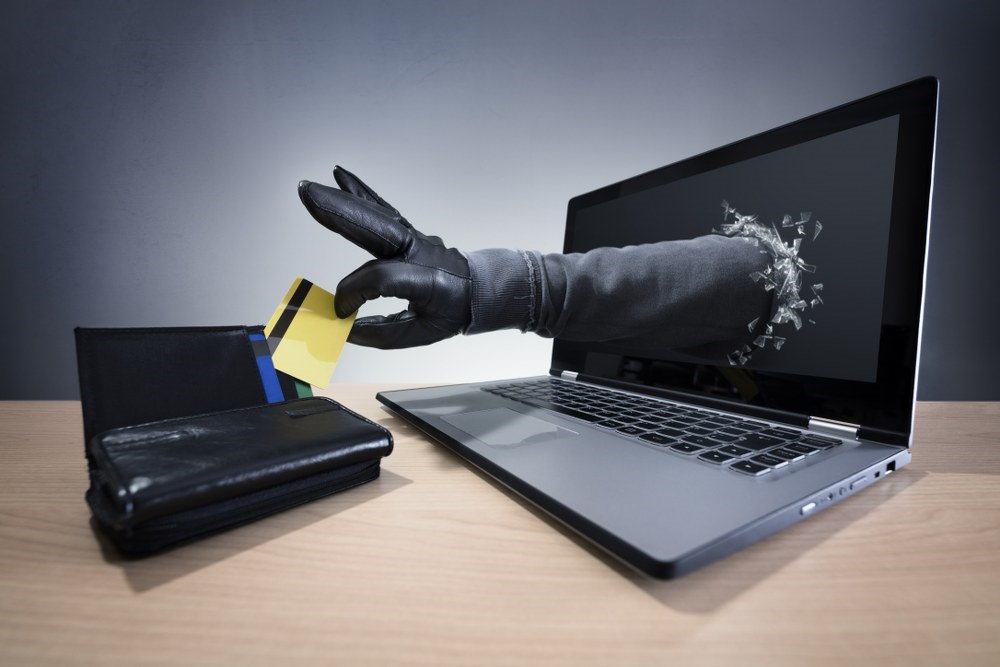
One thing you know for sure about identity theft is that you don’t want it anywhere near you. This is the type of thing that ruins lives and means a lot of queues at the police station and banks and whatnot. You need to avoid identity theft by all means as it affects not only your financial and material well-being, but also your social status. It could come from anywhere and anything, and people are most vulnerable when they are planning on moving house because they are open to so many sides since there is a need for interaction with so many people – from the estate agent, to the bank for the loan, to the new home owner, to the moving company’s man and van as well. But no worries – there is always a way to avoid such a thing and here are the steps you should take to do it:
#1 – Avoid phishing scams.
Email scams have been around for a while, and they are getting creative. The phishing scam is when you get an email that requires you to confirm a password or account number. Unless you have actually prompted such an email, it has no place in your inbox. Never respond to such emails and always flag such messages. Even if you get an email from the removal company, call them first to confirm its validity before doing anything.

#2 – Keep your details safe.
You are dealing with so many people that you no longer have a clue who knows what about you. But here is what you do know – before signing any contracts, your estate agent needs your name and phone, and your moving company knows your name, address, email, and phone number. Any other personal details are irrelevant to the purposes of striking a deal with any of them. Other details should only be entered if specifically required and in the form of a contract, even if you only want a man and a van for a few hours. Naturally, you should always read the contract.
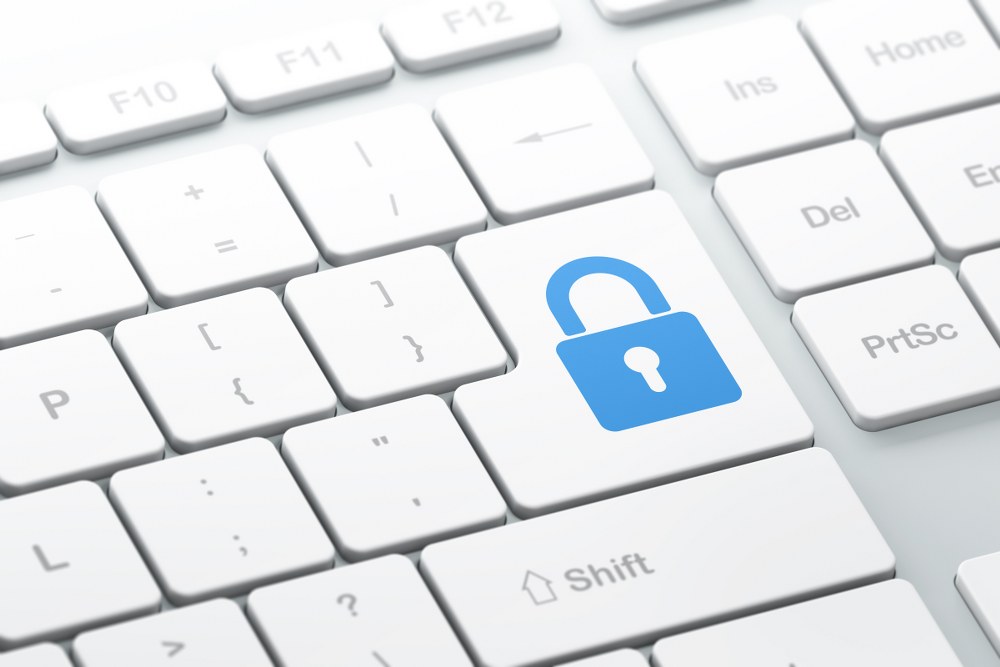
#3 – Keep your documents safe.
Never share your documents. This should be common knowledge, but you will be surprised at how many people simply neglect to protect their personal files. All documents should be kept at a safe location which only you are aware of and no item in those documents should be mentioned outside of the appropriate context.
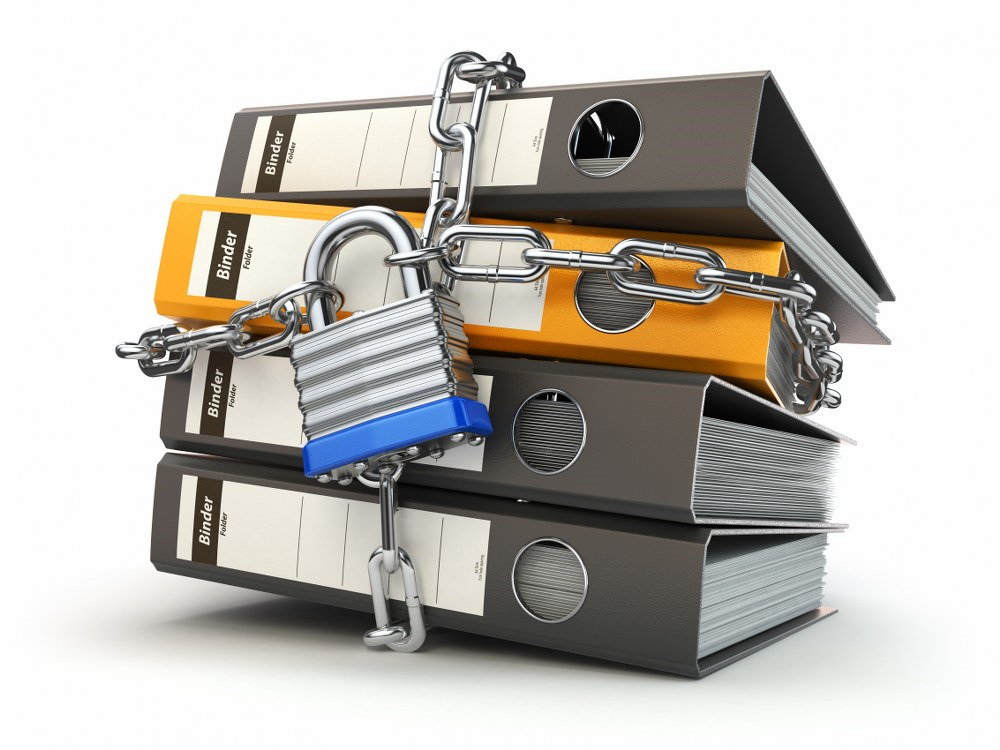
#4 – Strengthen passwords and PINs.
Never underestimate how creative a thief might be. Any cracked password may be a key to personal information used in a theft. Always keep a strong password and never share it with anybody – don’t even write it down. Passwords are for remembering. Only you should know your accounts’ passwords, no matter what the account is for. Even the most innocuous-looking websites could be the key to taking out information about you.
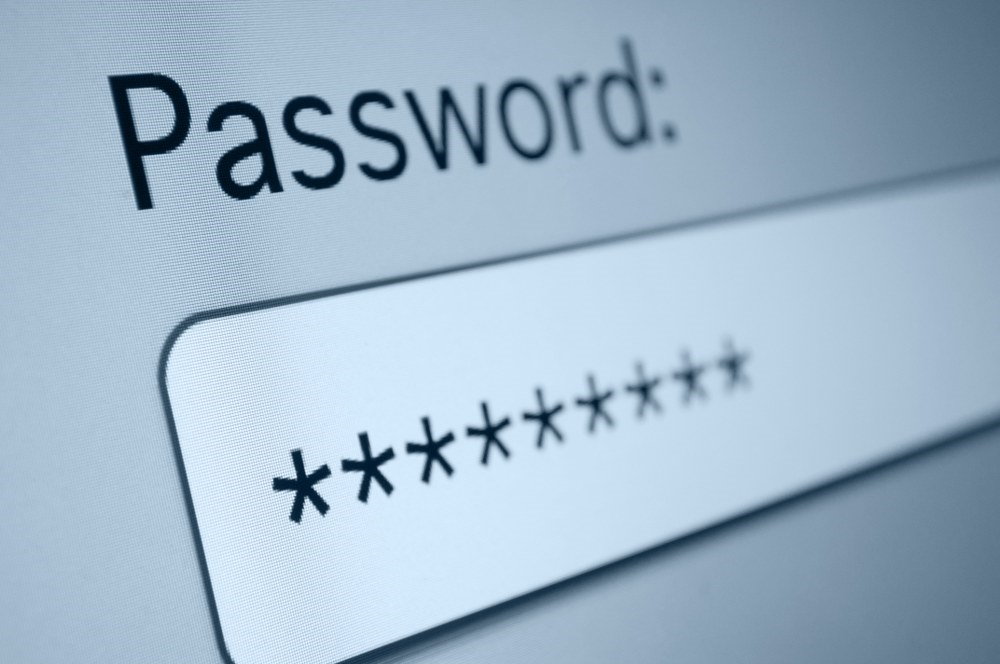
#5 – Shred old documents.
A document is a carrier of personal information. For example, after you are done with the moving company and the removal van has dropped you off, whenever possible take any document used in the transaction and shred / burn / destroy it in any way possible. Nothing containing personal details should be restorable and usable by any party outside of yourself.
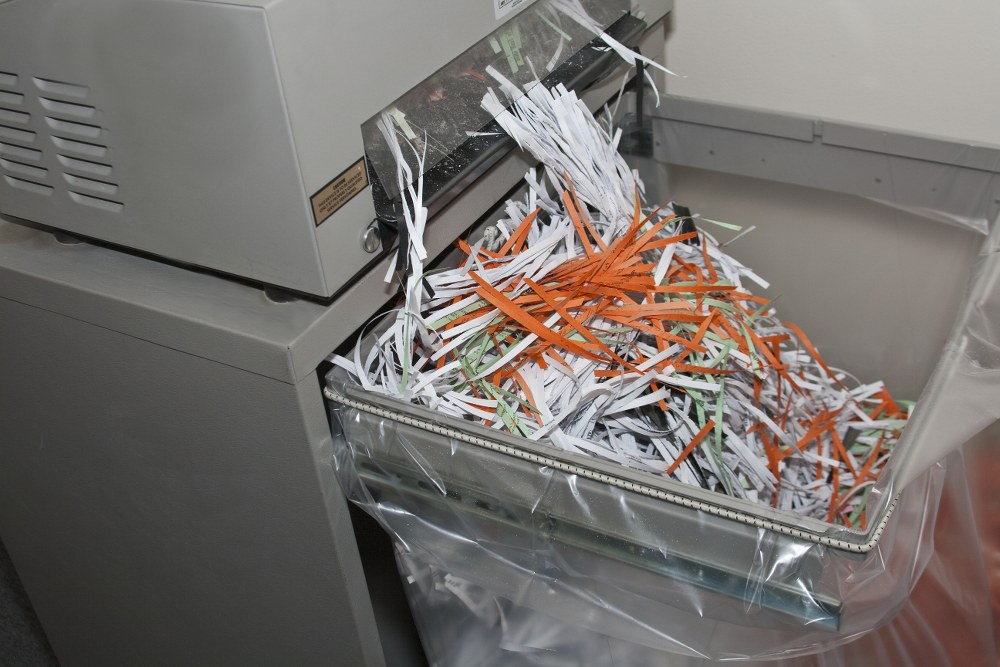
A little bit of precaution will be enough to protect yourself from any kind of identity theft. Keep all personal information to yourself and only relevant parties and you will be safe from anything that might befall you in this context. If you are careful enough, nothing – from dealing with credit cards to ordering your man with van – could be conceived as a danger to your personal data or a financial threat.
Latest Posts
Cost-Efficient Moving Services
Piano Moving: Professional vs. DIY





